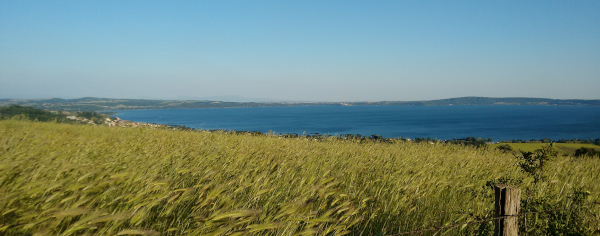Preventive and indirect measures to regulate woolly apple aphid in organic orchards
The Woolly apple aphid (E. lanigerum) can cause severe damage, especially in organic cultivation; sucking activity causes bark growth, the so-called blood louse canker. Promoting natural antagonists in organic orchards is a key element in controlling E. lanigerum. Further, the tree growth should be balanced through proper (root) pruning.



